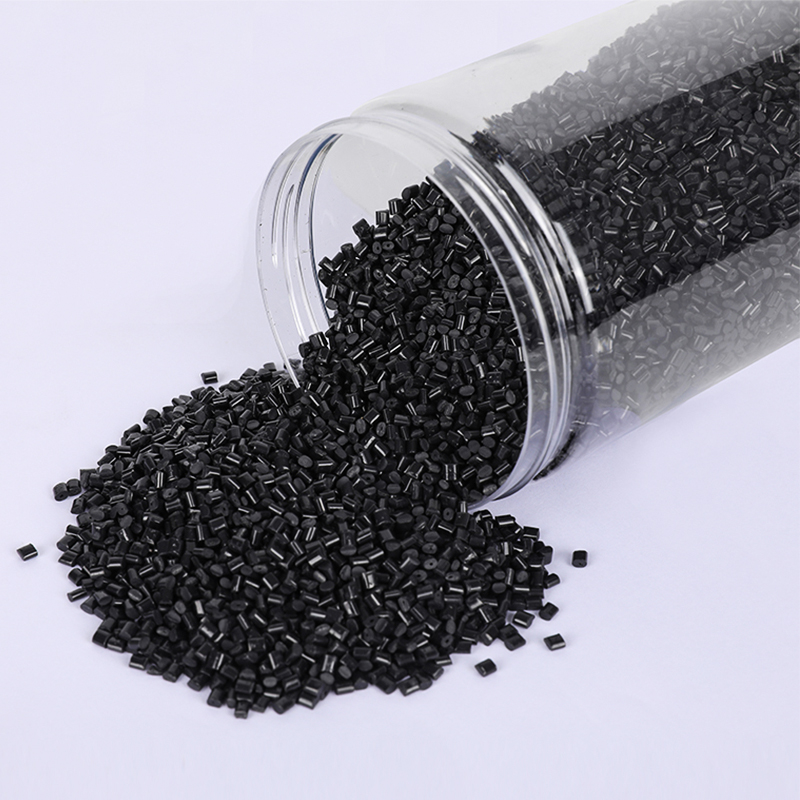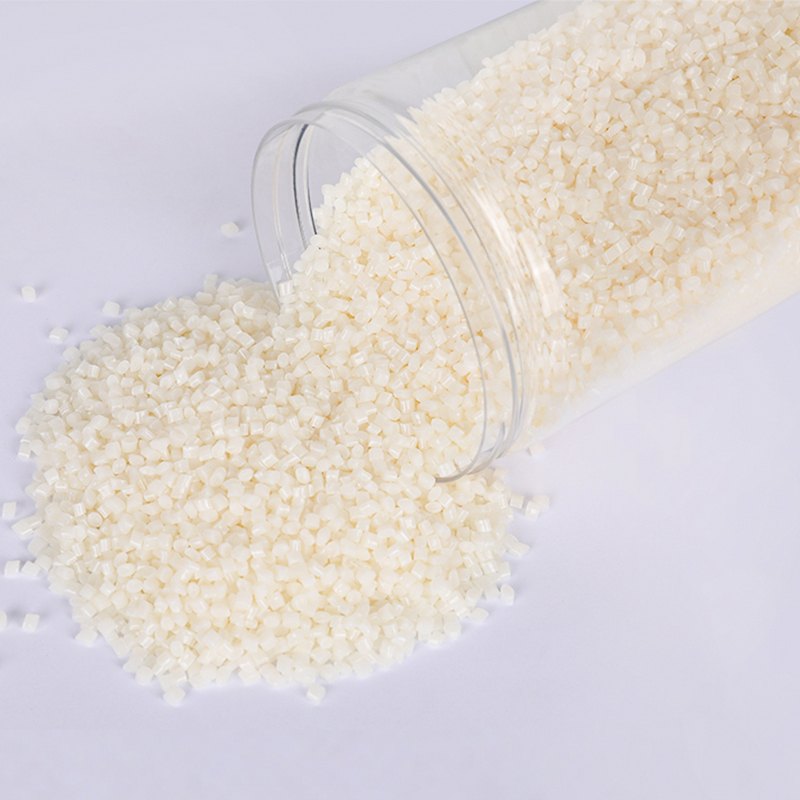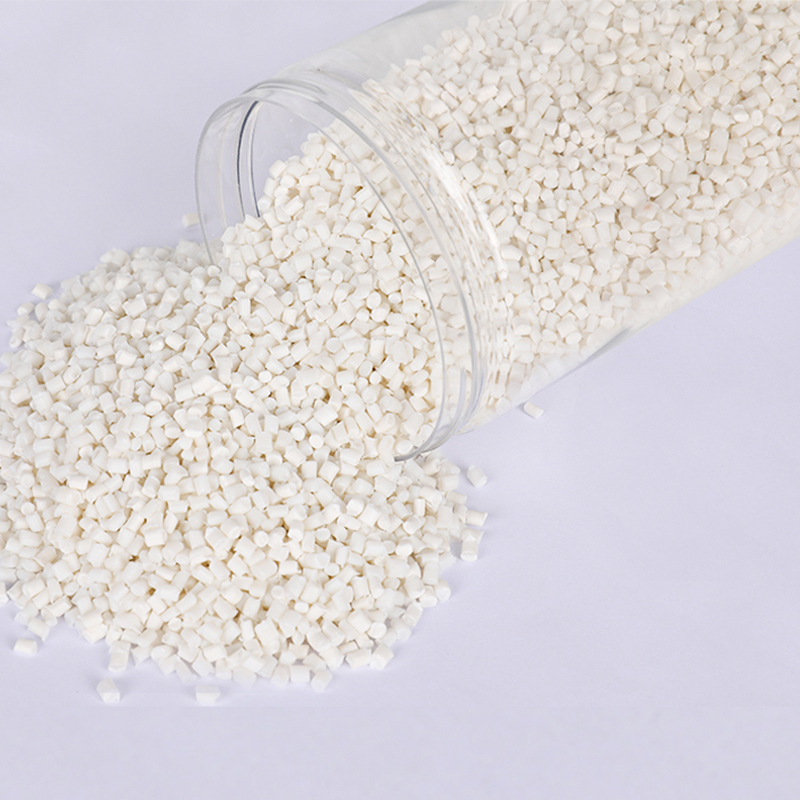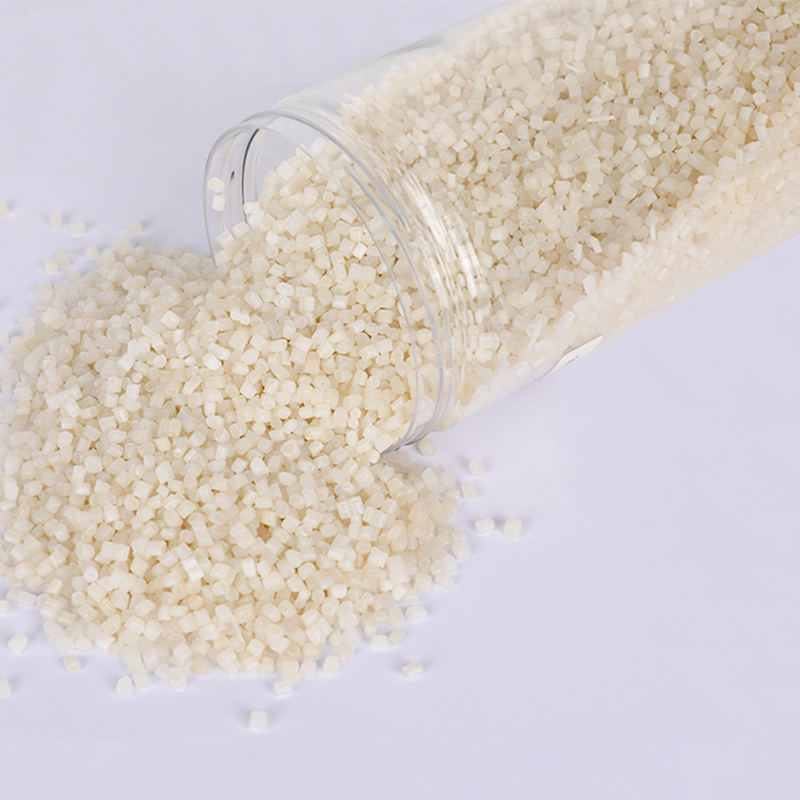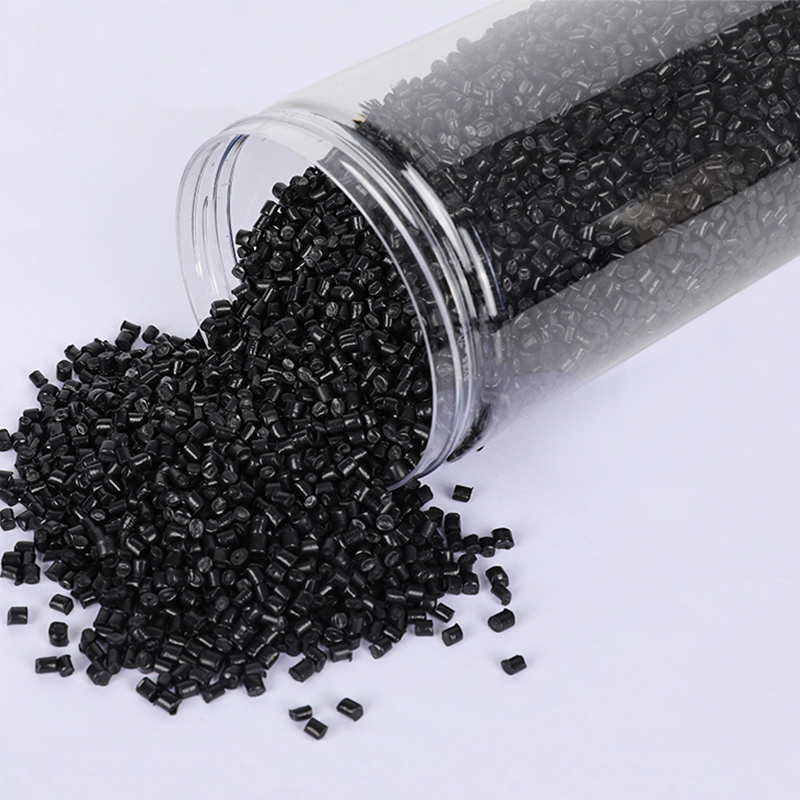Stay up to date with our recent products
Web Menu
Product Search
Exit Menu
Recycled Polyamide vs. Virgin Polyamide: How Do They Compare in Performance?
Recycled polyamide (RPA) is emerging as a sustainable alternative to traditional virgin polyamide, a polymer widely known for its versatility and durability. As industries increasingly focus on reducing their environmental footprint, understanding the performance characteristics of recycled polyamide compared to new materials is crucial. Key factors such as tensile strength, abrasion resistance, and UV stability determine the material’s suitability for various applications, from textiles to automotive parts. So, how does recycled polyamide measure up in these areas, and can it match the performance of its virgin counterpart?
Tensile strength is a critical property for materials used in high-stress applications, such as in fabrics, industrial components, and automotive parts. Virgin polyamide, including well-known products like Nylon, is celebrated for its impressive tensile strength, which allows it to withstand heavy loads without breaking. Recycled polyamide, however, can experience some reduction in tensile strength due to the nature of the recycling process. The repeated melting and reprocessing of the material can lead to some degradation of the polymer chains, making the final recycled product slightly less robust than virgin polyamide. That being said, advancements in recycling technologies are continuously improving the performance of RPA, and with proper sorting and careful processing, recycled polyamide can maintain a tensile strength that is more than adequate for many applications, especially in textiles and lightweight products.
Another critical performance factor is abrasion resistance, which measures how well a material can resist wear and tear caused by friction. Virgin polyamide is known for its high abrasion resistance, making it an ideal material for textiles that are subjected to constant rubbing or contact with other surfaces. Recycled polyamide, while slightly more prone to wear in certain instances, can still offer a commendable level of abrasion resistance, especially when it is recycled properly. In the textile industry, RPA is commonly used in carpets, activewear, and upholstery, where moderate abrasion resistance is often sufficient. However, for highly demanding applications, such as automotive parts or outdoor gear that experience extreme friction, virgin polyamide might still be preferred due to its superior durability.
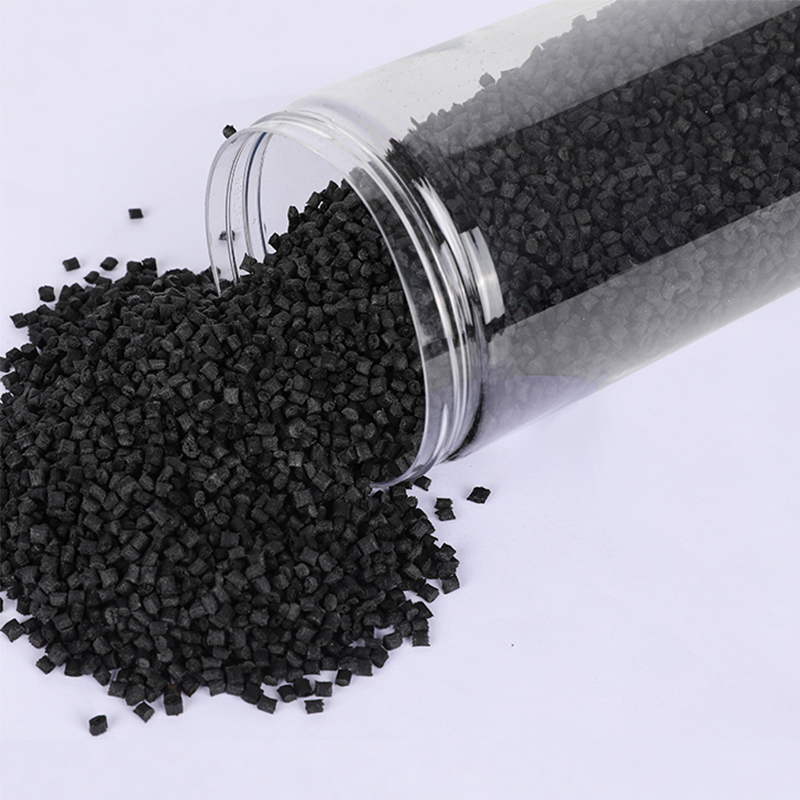
UV stability is another area where virgin polyamide excels. Polyamide fibers naturally offer good resistance to ultraviolet (UV) radiation, which helps prevent degradation and discoloration when exposed to sunlight. Recycled polyamide may have slightly reduced UV stability, primarily due to the breakdown of the polymer structure during the recycling process. The reduced molecular weight of recycled polyamide can make it more vulnerable to UV degradation, potentially leading to a faster decline in the material's appearance and performance when exposed to prolonged sunlight. However, various solutions, such as adding UV stabilizers or incorporating other coatings during the recycling process, can significantly improve the UV resistance of recycled polyamide, allowing it to be used in applications like outdoor textiles, automotive components, and packaging.
Beyond these key properties, recycled polyamide provides distinct environmental benefits. By reusing material that would otherwise end up in landfills, RPA reduces plastic waste and conserves valuable resources. The energy consumption and CO2 emissions associated with recycling polyamide are lower than producing virgin polyamide, making RPA a more sustainable choice. In fact, some studies suggest that using recycled polyamide can lower greenhouse gas emissions by as much as 50% compared to virgin material. This makes RPA an increasingly attractive option for brands and industries aiming to meet sustainability goals without compromising on performance.
Despite the slight performance differences, recycled polyamide is making significant strides in matching the characteristics of virgin polyamide. For many applications, especially where sustainability is a priority, the benefits of recycled polyamide outweigh the small differences in tensile strength, abrasion resistance, or UV stability. Innovations in recycling technologies, along with careful material processing, continue to improve the quality and performance of recycled polyamide, helping it become an increasingly viable alternative in a wide range of industries. As consumer demand for sustainable products grows, the adoption of recycled polyamide will likely continue to rise, contributing to a circular economy that reduces waste, conserves resources, and supports a more eco-friendly future.
As China PCR Recycled Plastic Granules Factory, We always adhere to the experience and philosophy of "keeping up with the times, constantly innovating, developing efficiently, and cooperating for mutual benefit"

Address: No.11, Wangzhuang Section, Provincial Road 01, Daqiao New Area, Economic Development Zone, Haiyan County, Jiaxing City, Zhejiang Province, China
Phone: +86-18058285678
Fax: +86-0573-86868101
E-mail: [email protected]
SUNRISE GROUP(Overseas Exclusive Agent)
www.sunrisechemical.com
2024 ICIS Global Chemical Distributor Top 8
Export Sales Manager:Helen Zhang
Mob/Whatsapp: +86 19883063465
Email: [email protected]
Copyright © Jiaxing Anyiju Plastic Industry Co., Ltd. All Rights Reserved

 简体中文
简体中文 English
English

